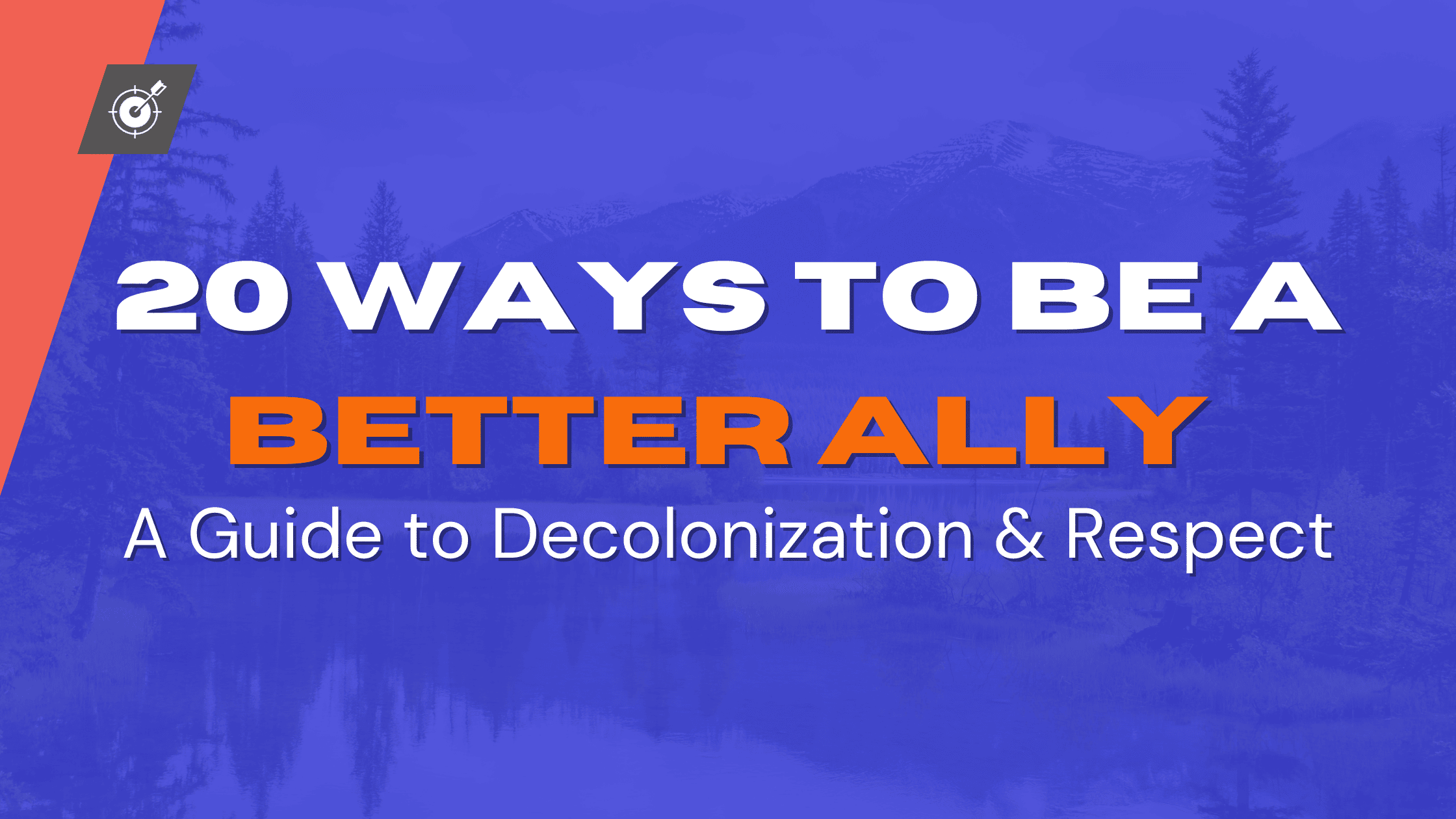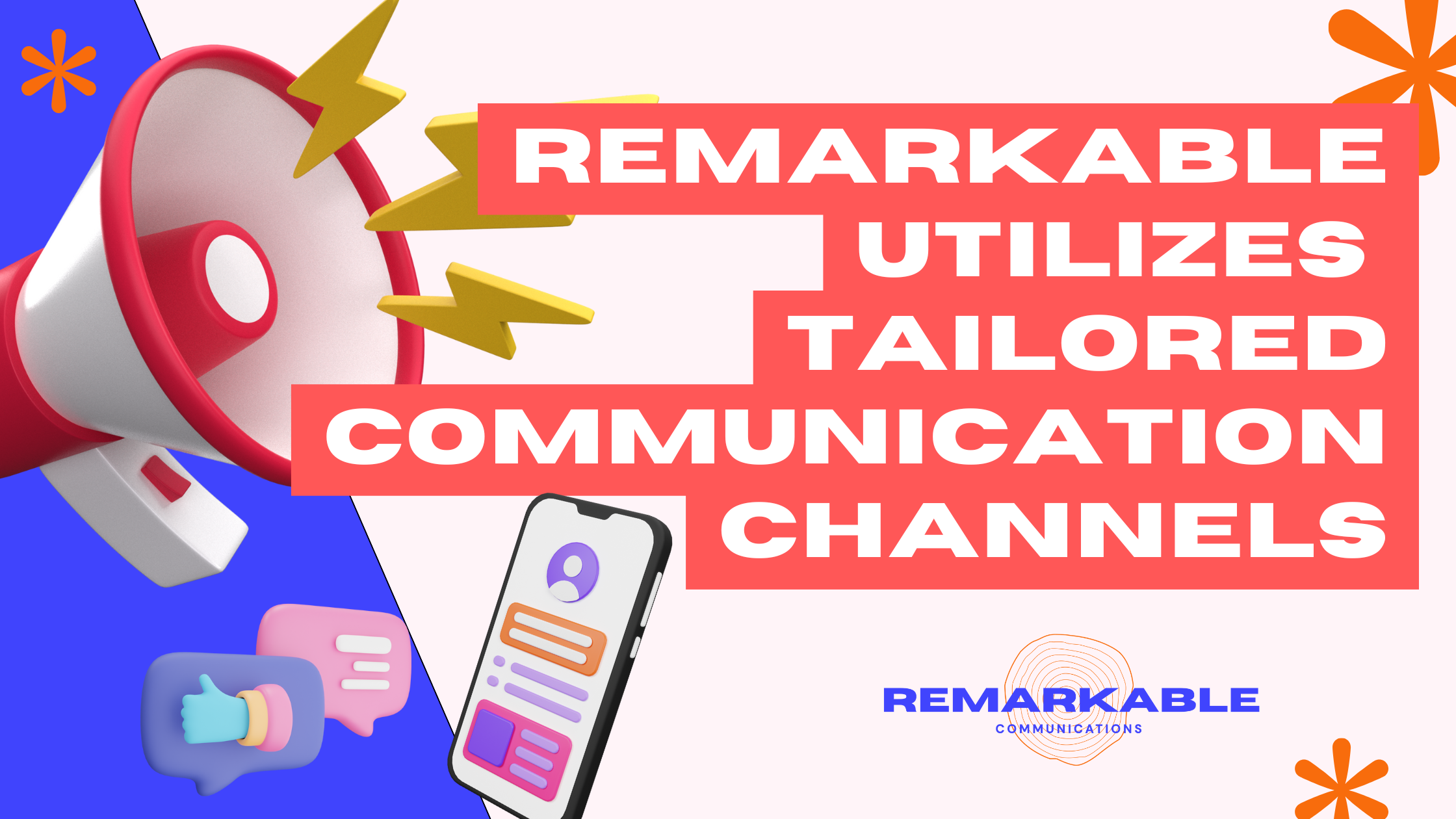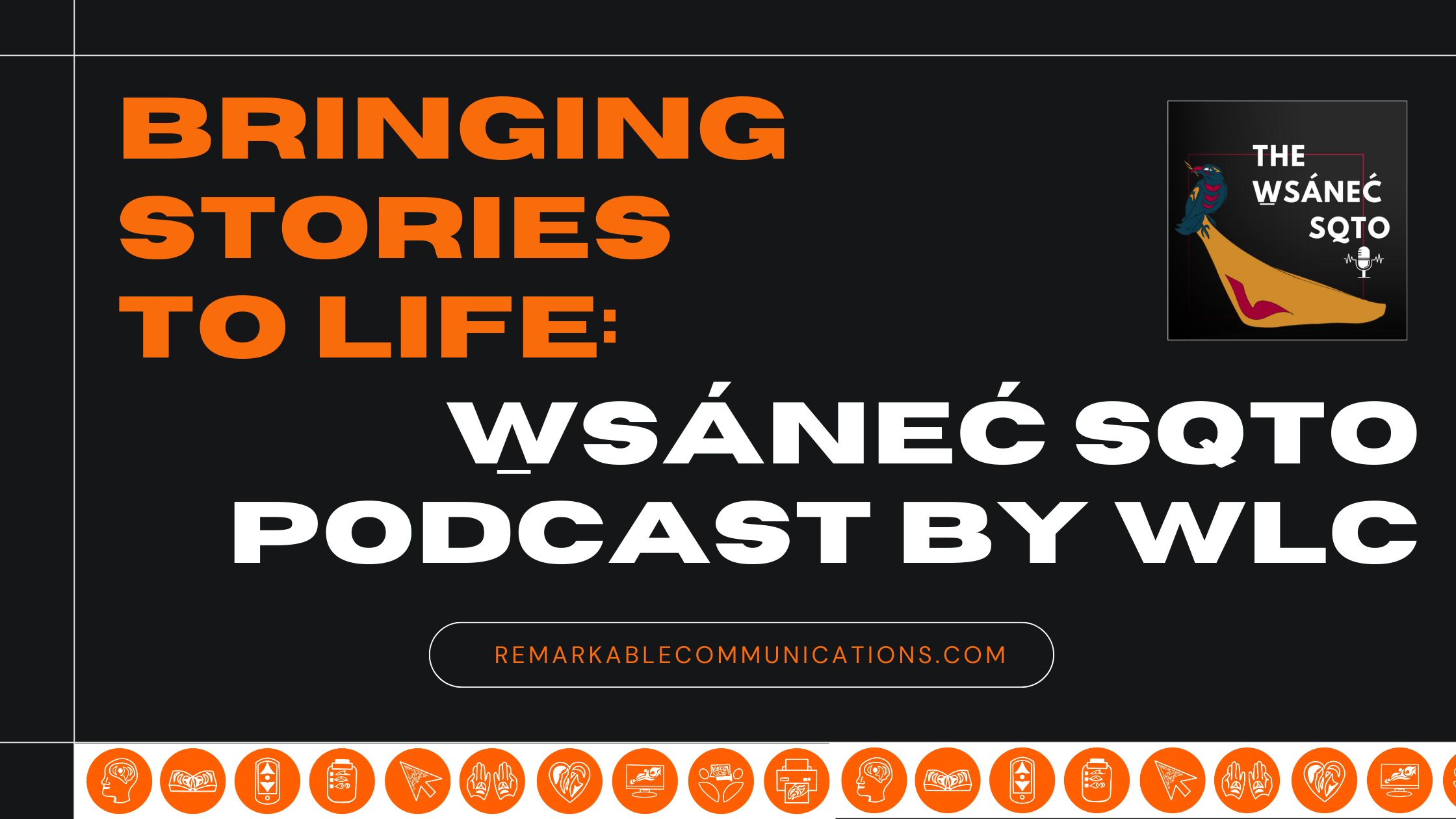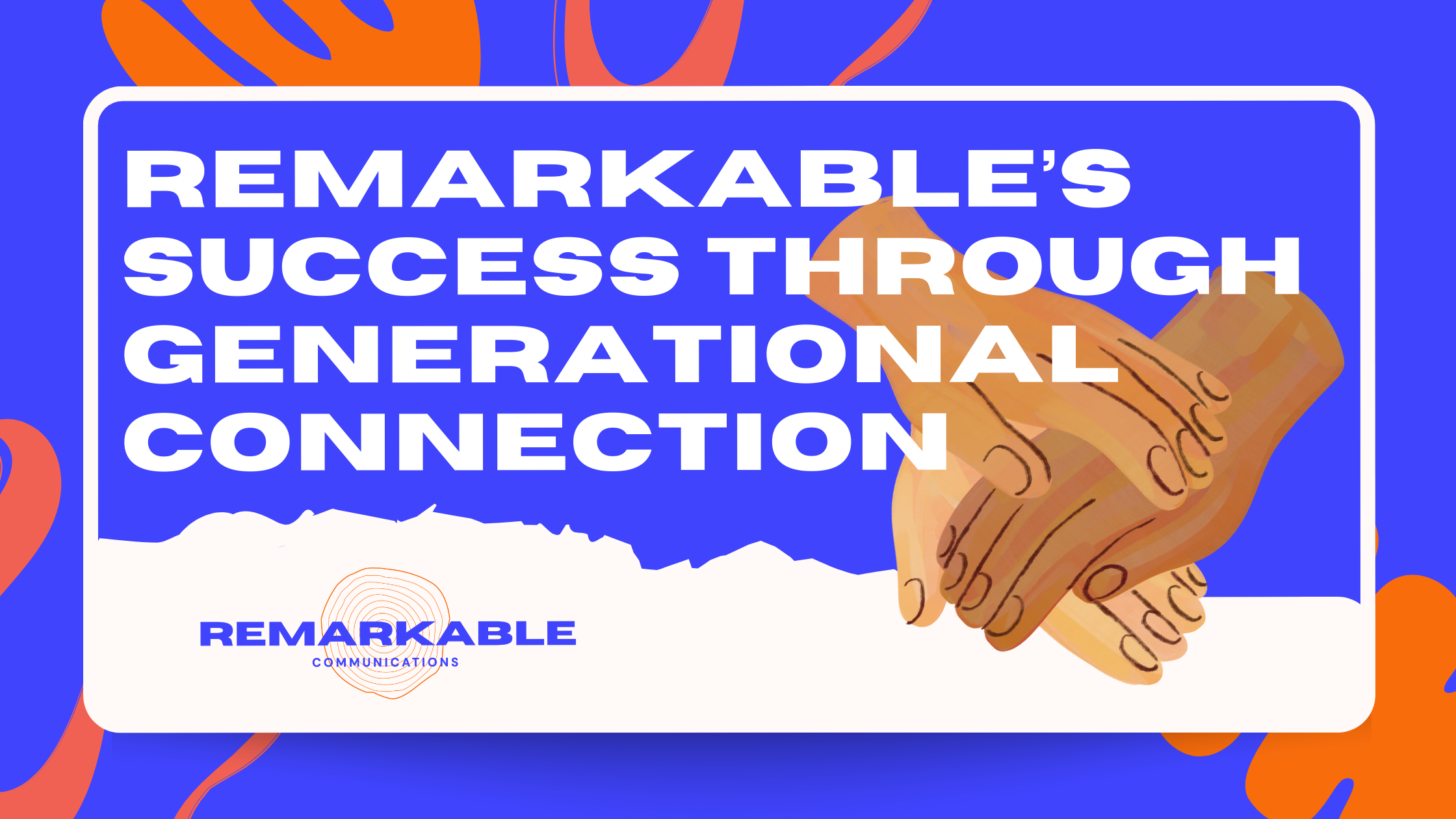Decolonization and becoming an Indigenous ally is an ongoing process that requires commitment, education, and respect for Indigenous cultures, histories, and rights. Here are 20 suggestions that might help guide our shared journey towards better Indigenous allyship:
- Educate Yourself: Read books, attend lectures, and watch documentaries about Indigenous histories, cultures, and current issues.
- Listen Actively: Prioritize listening to Indigenous voices, experiences, and perspectives. Understand that your role is to support, not lead.
- Acknowledge Land: Familiarize yourself with the Indigenous territories you live on and work in. Make land acknowledgments a regular practice.
- Support Indigenous Businesses: Purchase from Indigenous-owned businesses and artists to directly support the community.
- Avoid Cultural Appropriation: Don’t use or monetize Indigenous symbols, clothing, or practices as fashion or trends (such as headdresses at music festivals).
- Challenge Stereotypes: Recognize and speak out against harmful stereotypes and misconceptions about Indigenous peoples.
- Attend Indigenous Events: Participate in public Indigenous ceremonies, lectures, and workshops to learn directly from the community.
- Support Indigenous Rights: Advocate for the recognition and respect of Indigenous rights, sovereignty, and treaty rights.
- Donate: Contribute to Indigenous organizations, initiatives, and causes that work towards justice, equity, and support for Indigenous communities.
- Examine Privilege: Reflect on the privileges you might have and how colonization has benefited some at the expense of others.
- Promote Representation: Support and promote Indigenous representation in political, educational, and professional spaces.
- Build Relationships: Foster genuine, respectful relationships with Indigenous individuals and communities without expecting anything in return.
- Use Inclusive Language: Ensure that your language is respectful and avoid terms that are outdated or derogatory.
- Challenge Colonial Systems: Question the colonial structures in your community and workplace, and push for changes that respect and include Indigenous perspectives.
- Support Land Back Movements: Understand and support efforts to return land and resources to Indigenous stewardship.
- Educate Others: Share what you learn about Indigenous rights and issues with friends, family, and colleagues to foster wider awareness and understanding.
- Stay Updated: Recognize that Indigenous issues are not static. Stay informed about ongoing struggles, successes, and changes.
- Seek Consent: If you wish to share Indigenous stories, practices, or art, ensure you have permission from the appropriate community or individual.
- Hold Space for Difficult Conversations: Engage in conversations about colonization, racism, and inequality, even when they’re challenging.
- Commit Long-Term: Being an ally is not a one-time act. Commit to long-term support, growth, and learning in your allyship journey.
Remember, allyship is a continuous process of unlearning, learning, and taking action. Make mistakes, learn from them, and keep striving to be better.




